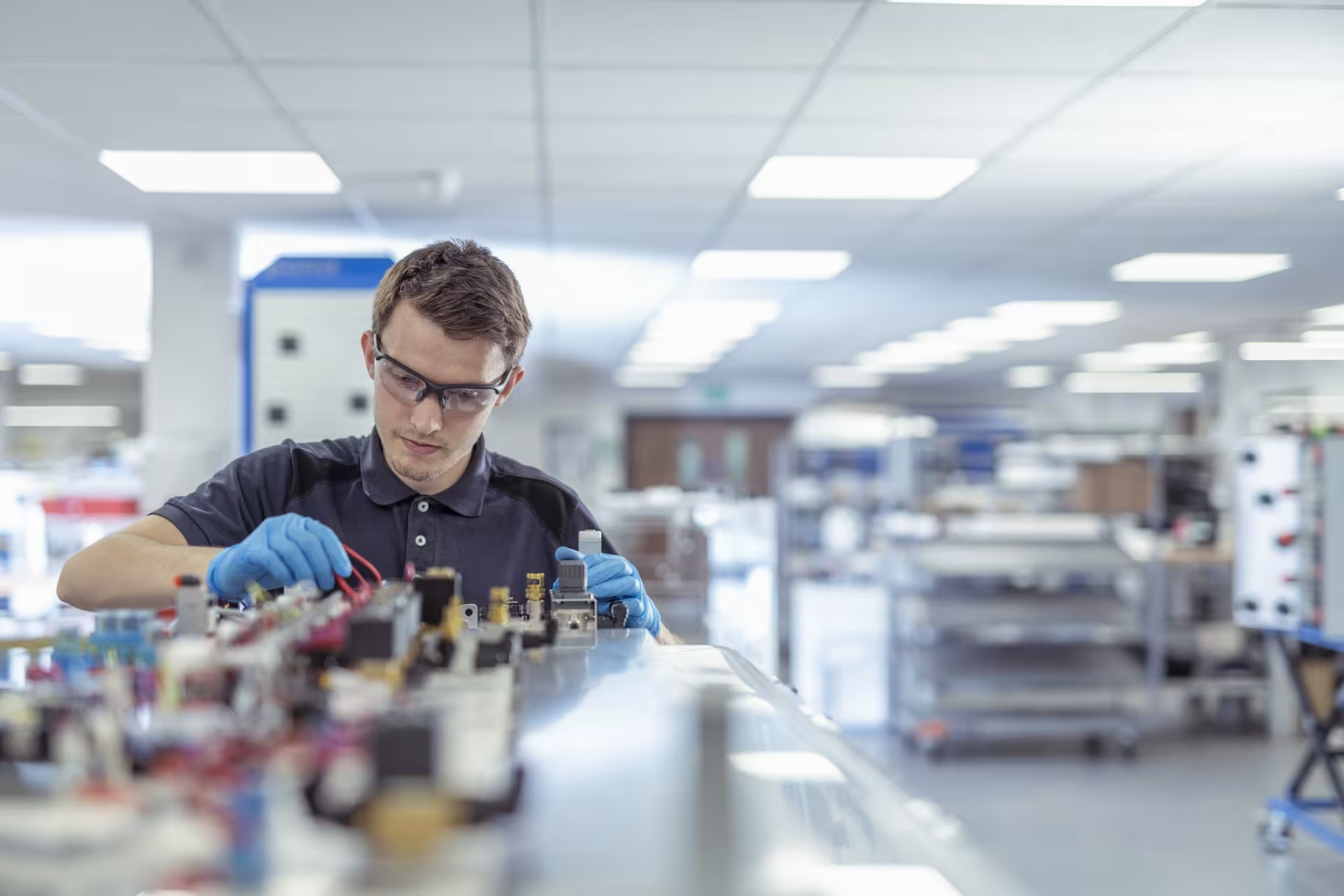Engineering & Technology
Engineering & Technology
Presented by College of Engineering and Technology
The College of Engineering and Technology offers degree programs that prepare students for professions in technology, engineering and math (STEM) fields. With an emphasis on Grand Canyon University’s Christian worldview, our college believes in instilling social awareness, responsibility, ethical character and compassion. Our blog focuses on topics related to engineering and technology, with engaging contributions from students, staff and faculty.











